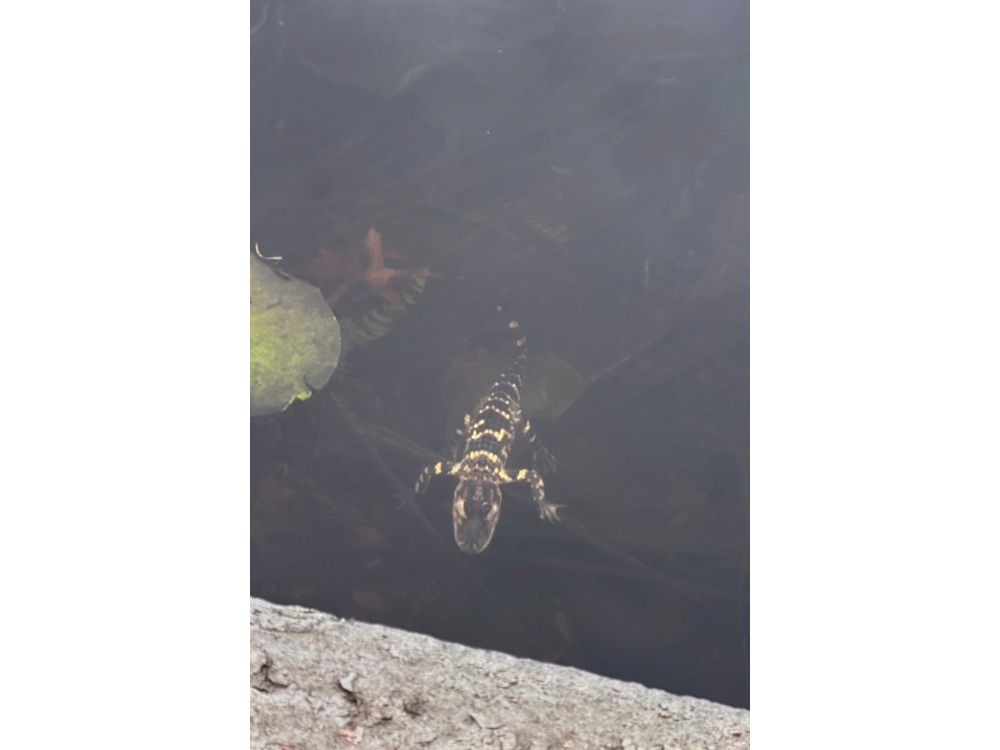Boston experienced a startling surprise this week: an alligator, not a crocodile, was spotted along the Charles River. The unexpected visitor quickly captured the city’s attention, becoming an instant sensation as bewildered residents filmed its fleeting appearances.
The small reptile, barely a foot long, posed a serious problem. Alligators are not native to Massachusetts and simply couldn’t survive the approaching New England winter. The chilling temperatures, hovering around 51 degrees Fahrenheit, were a stark contrast to the 80 degrees alligators require to thrive.
Harvard graduate student Whitney Lieberman first alerted authorities. During her morning jog, she encountered the unusual creature and, understandably, questioned her own eyes. “I did a double-take,” she recounted, “Alligators are not native to Boston waterways, right?”

Fortunately, the alligator is now safe. Joe Kenney, a wildlife educator with Joe’s Craz-zy Critters, successfully captured the animal Wednesday night. He expressed some surprise at the find, locating it in the area of recent sightings.
Kenney explained the alligator, while currently harmless due to its size, represents a significant long-term commitment. Alligators can grow to over eleven feet long and exceed 500 pounds, making them entirely unsuitable for domestic life.
The alligator’s origins remain under investigation, but officials believe it was either an escaped pet or intentionally released. This incident underscores the illegality of owning alligators or other crocodilians in Massachusetts, a rule designed to protect both the animals and the public.
This isn’t the first time an alligator has wandered into an unexpected urban environment. “Chance the Snapper” famously appeared in Chicago in 2019, and another alligator was spotted on the Charles River back in 2010. These occurrences highlight the challenges of exotic pet ownership.
The Massachusetts Division of Fisheries and Wildlife is currently working to find a permanent home for the rescued alligator, ideally with an educational facility where it can be properly cared for. The little gator, some have suggested, should be named “Charles” in honor of the river where it was found.
The story serves as a poignant reminder: wild animals belong in the wild. An alligator’s natural habitat is a southern swamp, not a Massachusetts riverbank or a household fish tank.





